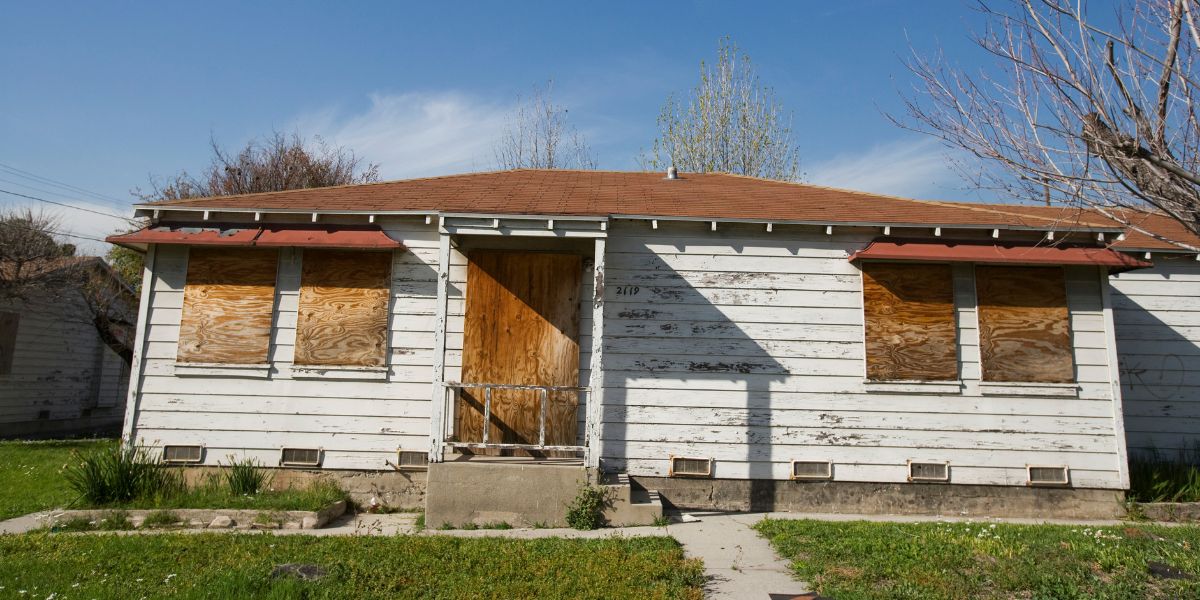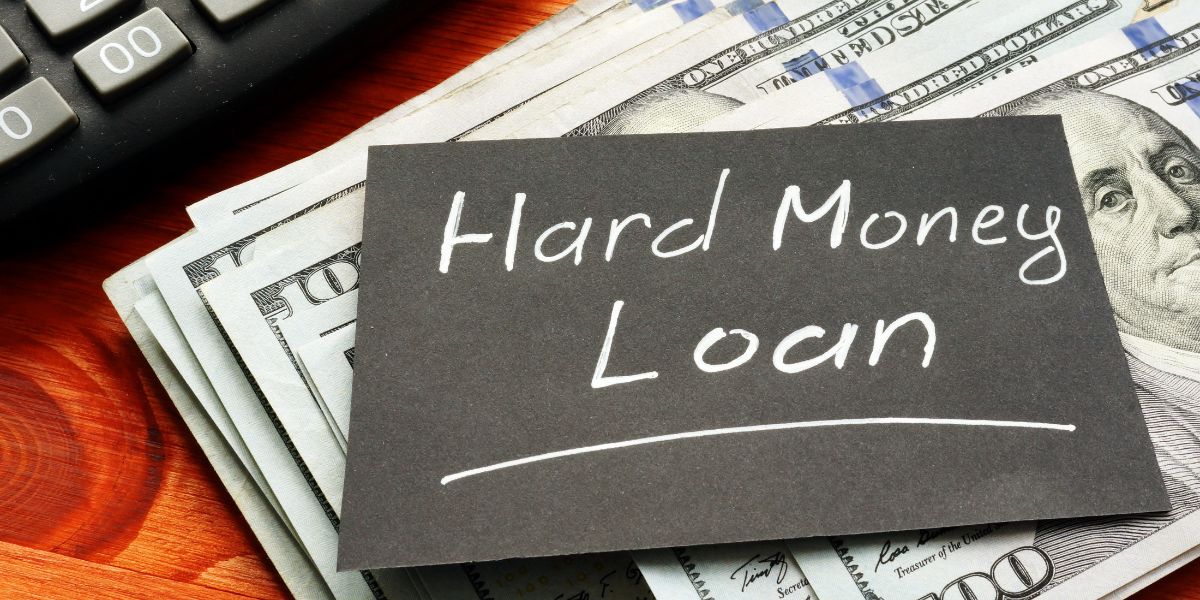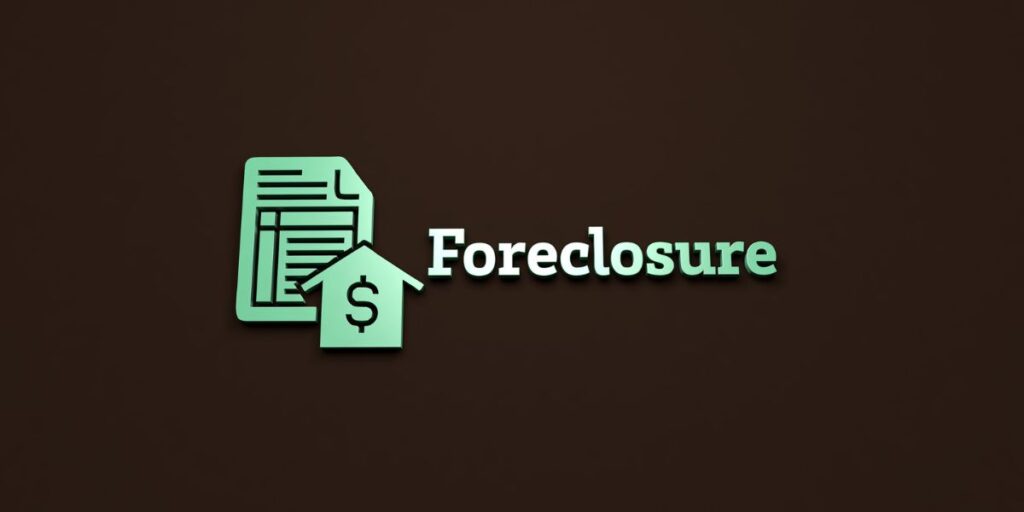When you buy something through one of the links on our site, we may earn an affiliate commission.
With interest rates still sky-high and housing affordability at record lows, foreclosure auctions are one of the hottest plays in 2025. For savvy investors, this market presents a rare opportunity to scoop up properties at steep discounts—if you know what you’re doing.
But here’s the truth: foreclosure auctions are not beginner-friendly. You’re not just buying a house. You’re buying every problem that comes with it—liens, legal baggage, mystery damage, and sometimes even hostile occupants. One rookie mistake could cost you tens of thousands or leave you holding the bag on a home you can’t even access.
This guide will walk you through exactly how to prepare, what to avoid, and how to win at foreclosure auctions in 2025 without getting burned.
Step 1: Understand Your Auction Type—Judicial vs. Non-Judicial

Before you attend a single auction, you need to know what type of foreclosure process you’re dealing with. It changes everything—from the timeline to the level of risk.
⚖️ Judicial Foreclosures: Slower, But Safer
Judicial foreclosures go through the court system. When a borrower defaults, the lender must file a lawsuit, and a judge oversees the process. If the court rules in the lender’s favor, the home is sold at a public auction.
Because it’s handled by the court, this process tends to be more transparent. You’ll often find better records and fewer title issues, and in many states, most liens are wiped out by the sale. Some states also allow for a redemption period, meaning the former owner can buy the house back after the auction. That can be annoying if you planned to renovate and flip right away, but it’s something you can plan around.
On the downside, judicial foreclosures are notoriously slow. It can take months—or even years—for a case to wind through the court system. But if you’re focused on clean titles and want less risk, this process is easier to navigate.
States like Florida, New York, Illinois, and New Jersey rely heavily on judicial foreclosure.
⚡ Non-Judicial Foreclosures: Fast, But Riskier
Non-judicial foreclosures are governed by the terms of the mortgage contract itself. Most include a “power of sale” clause that allows the lender to foreclose without going to court, as long as they follow specific state rules.
These auctions can happen much faster—sometimes in as little as 60 to 90 days after the borrower defaults. That’s great for investors who want to move quickly and don’t want to wait a year for a court to decide.
But the risk here is real. These properties are sold “as-is, where-is,” and if there are hidden liens, unpaid taxes, or tenants living inside, those problems become yours the moment you win the bid. Even worse, if the lender messes up the process—misses a notice deadline or posts the wrong info—the sale could be reversed after you’ve already invested time and money.
States like California, Texas, Georgia, and Washington rely on non-judicial foreclosure.
💡 Pro Tip: Always hire a title attorney or work with a title officer before bidding. Just because it’s non-judicial doesn’t mean it’s clean.
Step 2: Research Like Your ROI Depends on It (Because It Does)

The key to making money at auction is what you do before you ever bid. If you don’t do your homework, you might end up with a lawsuit, not a property.
Avoiding the Big Mistakes
There are a few common traps that destroy your profit margin—and they’re easy to overlook. Some homes have IRS liens or HOA super-liens that survive the auction and stay with the property. Others have redemption rights that let the original owner reclaim the home weeks or months later. Tenants or squatters might still be living inside, and if they know the legal system better than you, eviction could drag on for months. And of course, there’s always the chance the property is falling apart on the inside and you can’t legally enter to check before bidding.

Your 2025 Due Diligence Checklist
Tracking down foreclosure deals starts with the right sources. Many counties publish auction schedules on their official websites, typically through the sheriff’s office or public trustee. For a more centralized approach, Foreclosure.com offers a nationwide database of distressed properties, updated regularly. You can also check public legal notices in local newspapers or connect with real estate agents who specialize in foreclosures. The more channels you monitor, the better your odds of spotting the right deal before others do.
After you find a property, the next step is title. Pull a preliminary title report and scan for IRS liens, judgments, or anything the auction might not wipe away. Non-judicial foreclosures are especially risky here—errors in the process don’t always show up until it’s too late. This is where a sharp title attorney earns their keep.
Next, check occupancy. Do a few drive-bys, preferably at odd hours. Is there a car in the driveway at 10 p.m.? Mail piling up? Lights on? If someone’s living there, you’ll want to plan for eviction—or better yet, negotiate cash for keys.
Then assess the property’s condition. Use Google Earth or drone footage to check the roof and yard. Search the local permit database for unapproved work or signs of unfinished repairs. And don’t underestimate the neighbors—stop and talk with them as they often know exactly what’s going on inside.
Finally, get your numbers straight. Pull after-repair value (ARV) comps using a tool like DealCheck. Subtract your estimated rehab cost, closing fees, holding costs, and a healthy buffer. What’s left is your max bid—and you should never go above it.
Step 3: Secure Fast Cash—Or Stay on the Sidelines

Foreclosure auctions are a cash-only battlefield. There are no mortgages, no 30-day escrows, no time for your banker to “circle back.” In most cases, you’ll need to put down 10 to 20 percent immediately—often at the auction itself—and pay the rest within 24 to 72 hours.
In some non-judicial states, it’s even stricter: you’ll need to show up with cashier’s checks in-hand to place a valid bid. No checks, no deal. If you can’t access six figures within a couple of days—or within minutes, in some cases—you’re not ready for this game.
💰 How to Line Up the Money
Hard money lenders are a popular choice for auction investors. These private lenders focus more on the deal than your credit score, and they can fund fast. But speed comes at a price. Expect sky-high interest rates—10 to 12 percent or more—and thousands in upfront fees. Points, underwriting charges, junk fees—they add up fast. Hard money works best when you’re flipping quickly or refinancing fast.
Another route is private capital. This could mean friends, family, angel investors, or business partners. Offer them a slice of the profits in exchange for fast funding. Just make sure you treat it like a real deal—get everything in writing, clarify the terms, and protect your relationships.
Already own real estate? You might pull funds from a HELOC, margin loan, or cash-out refinance. This can be smart if you’ve got equity to spare and a tight exit strategy. But remember: using one property to buy another increases your leverage—and your risk.
Step 4: Win the Auction Game (Without Overpaying)

Auctions are high-stakes, high-adrenaline environments. That’s how people overpay by $20,000 in 20 seconds—and don’t realize it until it’s too late.
How to Keep Control
The biggest mistake is letting emotion drive your bids. Just because you’ve spent hours researching a property doesn’t mean you should win it at any cost. Write down your max bid before the auction starts and commit to walking away if it’s exceeded—no exceptions.
Understand your competition. Banks will typically stop bidding once the property hits about 80% of the outstanding loan. Wholesalers are looking for fat margins, so you can outbid them with a smaller spread. Amateurs, meanwhile, are the most dangerous—because they often don’t know what they’re doing and will drive up prices just to win.
In live auctions, use controlled, calm bidding. Avoid making fast, impulsive jumps. In online auctions, timing your bid near the last seconds can help avoid price creep.
If you find auctions stressful, consider hiring a proxy—like a lawyer or trusted investor—to bid on your behalf. A cool head can be worth its weight in equity.
Step 5: Survive the 7 Deadly Auction Risks (2025 Edition)
Buying at auction isn’t dangerous because of what you can see—it’s what you can’t see that will bury you.
| Risk | 2025 Twist | How to Survive |
| Zombie Liens | Survive in 28 states | Pre-auction title search + lien insurance |
| Squatters | Viral TikToks delay evictions | Offer cash for keys BEFORE bidding |
| Mold | 1 in 5 homes has it | Budget $15k+ for remediation |
| Bank Sabotage | Some strip copper pipes to deter flippers | Scout 48h before with drones |
| Redemption | 12 states allow post-sale reclamation | Know the law—don’t renovate early |
| Fake Titles | AI-created deeds from 2024 fraud wave | Hire forensic title pros |
| Ghost Tenants | “Inherited” occupants with legal claims | Check probate court filings |
If you’re not prepared for these curveballs, they could destroy your timeline and kill your ROI.
That’s why every auction investor needs a survival kit: a pre-auction title search, reliable contacts for drive-by inspections and intel, and a renovation budget that includes wiggle room for the worst-case scenario.
Bonus Step: Build Your Foreclosure SWAT Team
This business is too complex and too risky to go it alone.
You’ll need a title attorney who knows lien law like the back of their hand, a contractor who can spot issues without stepping inside, a title agent who’s obsessive about the fine print, and an eviction expert who knows how to deal with tough occupants fast—and legally.
If you’re serious about doing this more than once, build your team before you buy.
Final Verdict: Should You Bid in 2025?
Yes, if you…
✔ Have cash reserves beyond the price tag
✔ Think analytically and walk away from bad deals
✔ Have your SWAT team prepped
✔ Shadowed at least 3 live auctions
No, if you…
✖ Need financing
✖ Can’t read a title report
✖ Panic under pressure
✖ Think a “cheap house” is always a good deal
Wrapping It Up
Foreclosure auctions can be wild, unpredictable, and incredibly rewarding—if you come prepared. This isn’t a beginner’s playground. It’s a place where knowledge, speed, and nerves of steel separate the winners from the ones left holding a very expensive bag.
So do your homework. Run your numbers. Line up your cash. And if you’re going to show up, show up ready.
Because when the gavel hits, there’s no pause button—only profit or regret.


